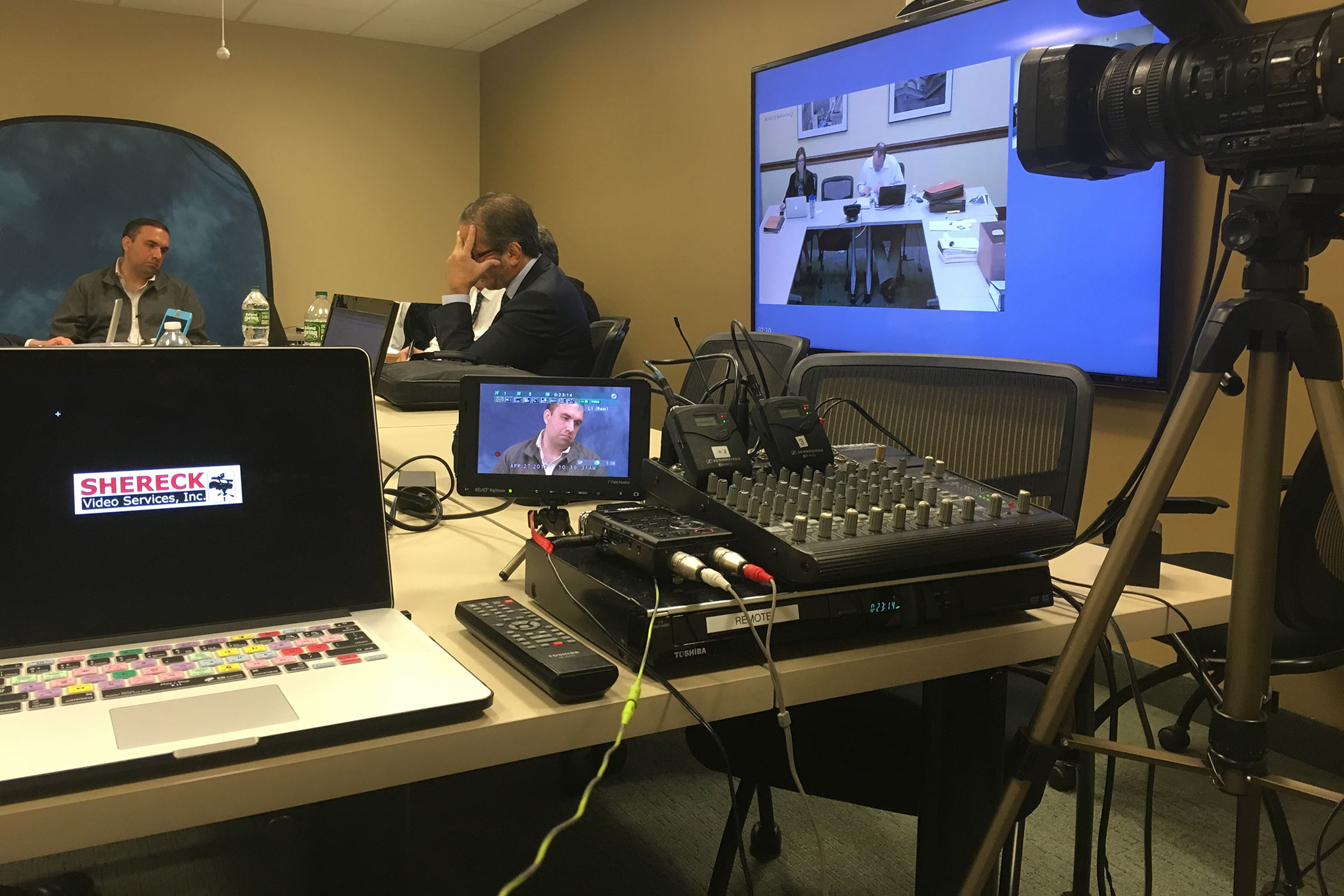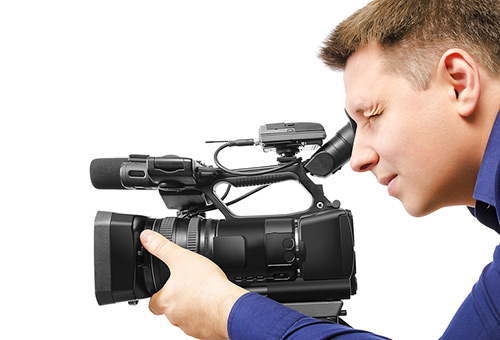Full-Service Legal Videography for Capturing Legal Proceedings.
Full-Service Legal Videography for Capturing Legal Proceedings.
Blog Article
The Duty of Lawful Videography in Depositions and Tests
Lawful videography has arised as a vital tool in both depositions and trials, providing a complex strategy to recording witness statements. As legal experts significantly identify its worth, it triggers a deeper exam of how these visual documents can affect juror perceptions and trial end results.
Relevance of Legal Videography
Legal videography plays a crucial duty in the paperwork and presentation of depositions and tests. This specific field combines technological skills with lawful understanding to create a reliable document of procedures that can significantly affect situation outcomes. The appearance of lawful videography improves the understanding of witness testimony, enabling jurors and judges to observe not just the spoken words yet likewise the behavior, emotions, and body language of the witnesses.

The value of legal videography expands beyond the courtroom; it additionally plays an essential function in maintaining proof for future recommendation, whether for charms or more lawful activity. Its combination into the lawful procedure is important for making sure a fair and precise depiction of the realities, ultimately adding to the pursuit of justice.

Process of Legal Videography
While catching the subtleties of depositions and tests, the procedure of lawful videography entails numerous essential actions that guarantee high-quality, accurate recordings. Originally, an expert lawful videographer prepares by examining the case products and understanding the particular demands of the deposition or test. This prep work includes familiarizing themselves with the participants and the context, which helps in catching significant information.
On the day of the recording, the videographer establishes the necessary equipment, which generally consists of high-def cameras, microphones, and correct illumination. Making certain optimal angles and audio top quality is critical, as it straight influences the performance of the recording. The videographer interacts with attorneys and participants to establish methods, making certain that everybody understands the recording procedure.
Throughout the deposition or trial, the videographer carefully records the proceedings, paying attention to both spoken and non-verbal cues. legal videography. This consists of recording the demeanor and reactions of witnesses and attorneys. After the session ends, the videographer may modify the video footage for clearness and compliance with lawful requirements, generating a final product that accurately reflects the proceedings for future reference and use in legal contexts
Advantages in Depositions
The incorporation of reference videography in depositions offers countless advantages that enhance the general process of collecting evidence. One primary advantage is the ability to record witness statements with aesthetic and acoustic integrity, providing an extra accurate depiction of the witness's behavior, tone, and body language. This multidimensional method enables attorneys and juries to assess credibility more effectively than standard written records alone.
Furthermore, videographed depositions work as an effective device for preserving testament. Should a witness ended up being unavailable for test, their videotaped deposition can be played in court, guaranteeing that their proof remains obtainable and relevant. This element significantly minimizes the threat of losing important details that could affect instance outcomes.
Moreover, making use of lawful videography promotes much better prep work for lawyers. Reviewing video footage enables lawful groups to analyze and refine their methods, recognizing toughness and weak points in their cases. This primary advantage can lead to even more compelling presentations in court.
Finally, videography improves the general professionalism of the deposition process, instilling confidence in clients relating to the thoroughness of their legal depiction. By leveraging technology, attorneys can considerably boost the efficiency of depositions.
Influence On Tests
In lots of trials, the assimilation of videography can dramatically affect the discussion of see proof and the court's perception. Legal videography records witness testimonies and important proof in a dynamic layout, permitting jurors to involve with the material on several levels. This visual component enhances the narration element of a trial, offering context and emotional resonance that typical text-based proof might lack.
Moreover, video clip recordings can offer as effective tools for impeachment throughout interrogation. When inconsistencies develop in between a witness's prior declarations and their courtroom statement, video clip proof gives an unbiased reference that can sway jurors' point of views. This immediacy and clearness can reinforce the trustworthiness official source of a party's story while simultaneously undermining opposing disagreements.
Furthermore, using videography can help enhance intricate info, making it more easily accessible to jurors that might battle to realize elaborate information provided entirely with verbal statement. By incorporating visuals with acoustic info, lawful videography can improve retention and understanding, inevitably influencing the court's decision-making procedure. The effect of videography in tests extends beyond plain looks; it plays an essential function in forming the legal landscape and results.
Future Trends in Legal Videography
As we look towards the future of lawful videography, several emerging trends assure to improve its role within the court room. One substantial pattern is the assimilation of expert system (AI) in video clip evaluation and editing - legal videography. AI can improve the procedure of determining key minutes in taped depositions, enabling lawyers to rapidly access relevant material, thereby improving effectiveness in instance prep work
In addition, the rise of digital reality (VIRTUAL REALITY) and enhanced truth (AR) technologies is expected to change exactly how jurors experience proof. By submersing jurors in a substitute environment, these technologies can provide a more profound understanding of complex situations, leading to more educated considerations.

Moreover, the boosting need for remote depositions, accelerated by the COVID-19 pandemic, will likely proceed. Lawful videographers will need to adapt to new software and systems to make certain high-grade recordings in digital setups.
Last but not least, the growing emphasis on information security will demand more stringent procedures for storing and sharing video clip proof. As the lawful landscape progresses, legal videographers must remain abreast of these fads to preserve their significance and effectiveness in the judicial process.

Verdict
In summary, lawful videography serves a critical function in the judicial procedure, improving the honesty of depositions and trials. By recording the nuances of witness testaments, this medium not just preserves necessary evidence however additionally aids in offering information successfully to jurors. The significance of visual paperwork in assessing credibility and assisting in interrogation can not be overemphasized. As technology continues to evolve, lawful videography is poised to more change its role within the legal landscape.
Report this page